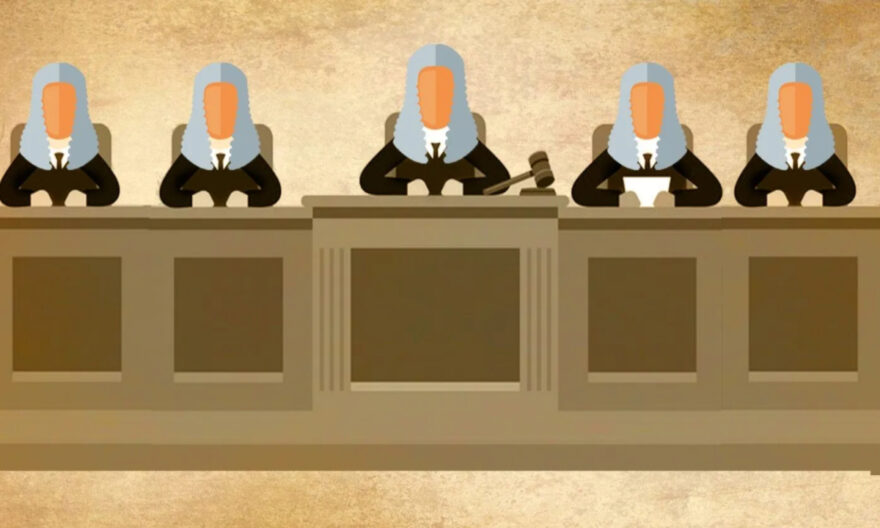
The Supreme Court on Wednesday 2 August began hearing a batch of petitions challenging the abrogation of Article 370 of the Constitution. After the abolition of Article 370, the state was divided into two parts. One part is called Jammu and Kashmir and the other union territory is called Ladakh. Senior Advocate Kapil Sibal, representing the petitioners, argued on the first day before a five-judge’s constitution bench comprising of Chief Justice Chandrachud, Justice Sanjay Kishan Kaul, Justice Sanjeev Khanna, Justice B.R. Gavai, and Justice Surya Kant. The Arguements, which began on Wednesday morning, continued till 4 pm. The hearing will resume on Thursday morning at 10:30am.
During the hearing on Wednesday, Kapil Sibal, counsel for the petitioners, cited Article 354 of the Constitution to argue that Parliament does not have the power to declare itself the legislature of Jammu and Kashmir to facilitate the abrogation of Article 370. Kapil Sibbal stated that the Center does not even have the power to legitimate any such action. He also emphasized that the “constitutional structure” of Jammu and Kashmir was suddenly invalidated by the Governor and Parliament without consulting the state.
Senior advocate Kapil Sibal argued before the bench that as per Clause 3 of Article 370, the recommendation of the Legislative Assembly was necessary to abrogate Article 370. He underlined that the abrogation of Article 370 does not represent the exercise “the will of the people of Jammu and Kashmir”. Parliament, which he argued was the exercise of political power, not the purview of a legislative body.
It is pertinent to mention here that on July 11, the Supreme Court had fixed July 27 as the deadline for submission of written submissions and relevant submissions by all the parties involved in the case. The Supreme Court had also said that the hearing would be held on a daily basis except on Mondays and Fridays, which are reserved for hearing miscellaneous matters in the apex court. Only fresh petitions are taken up for hearing on Mondays and Fridays, and regular matters are not taken up.
This is also to be noted, that an affidavit was filed by the Central Government on July 10 in the Supreme Court, presenting a blueprint of the socio-political and economic conditions of the state, after abrogation of Article 370. However, the Supreme Court had made it clear at the same time that this affidavit would have no bearing on the constitutional issue being decided by a five-judge bench.




